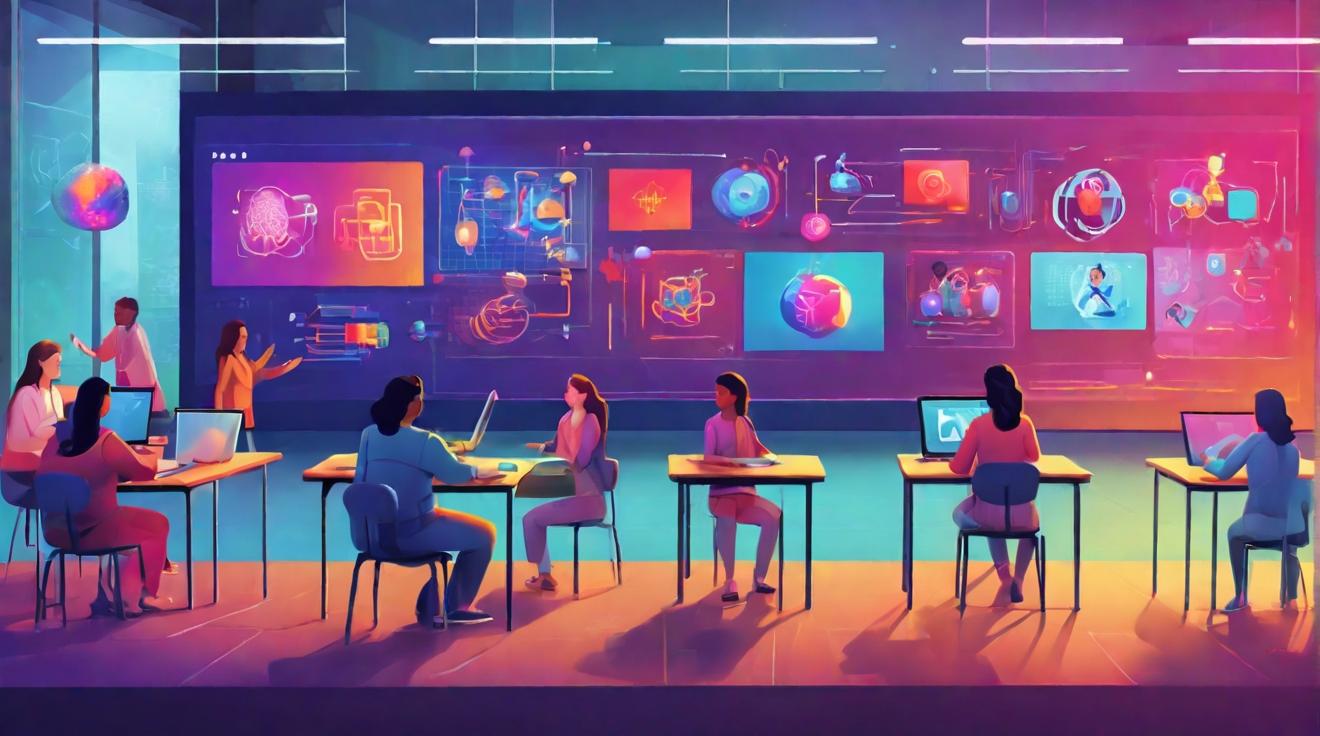The Impact of Artificial Intelligence in the Healthcare Industry
Artificial Intelligence (AI) has made significant strides over the years and is now revolutionizing various sectors, including healthcare. This advanced technology is transforming the way medical professionals diagnose and treat patients, improving efficiency, accuracy, and overall patient outcomes. With its ability to analyze vast amounts of data and identify patterns, AI is quickly becoming a game-changer in the healthcare industry.
Enhanced Diagnosis and Treatment Plans
AI algorithms are capable of analyzing medical images, such as X-rays and MRIs, with great precision. This technology can detect even the slightest abnormalities that might go unnoticed by human physicians, leading to earlier and more accurate diagnoses. AI also plays a vital role in treatment planning by providing personalized recommendations based on patient data and medical literature. By utilizing AI-powered diagnostic tools, healthcare professionals can make more informed decisions, leading to improved patient care.
Predictive Analytics and Early Detection
One of the most significant advantages that AI brings to the healthcare industry is its ability to predict diseases and detect potential health risks at an early stage. By analyzing large amounts of patient data, AI algorithms can identify patterns and signs that indicate the likelihood of certain conditions. This enables healthcare providers to intervene in advance, preventing the development of diseases or worsening of existing conditions. With the help of AI, personalized preventive care can be implemented, leading to better patient outcomes and reduced healthcare costs.
Streamlined Administrative Tasks
AI-powered systems are also revolutionizing the administrative side of healthcare. From managing patient records to scheduling appointments, AI can automate repetitive and time-consuming tasks. Virtual assistants and chatbots powered by AI offer patients a convenient way to interact with healthcare facilities, providing answers to common questions and assisting with appointment booking. By automating administrative tasks, healthcare professionals can focus more on patient care, improving overall efficiency and productivity.
Drug Discovery and Development
The pharmaceutical industry can greatly benefit from the application of AI technology. AI algorithms can analyze vast amounts of scientific literature and existing drug databases to identify potential candidates for drug discovery and development. This not only accelerates the drug discovery process but also improves the accuracy of predictions regarding drug efficacy and adverse effects. With AI’s ability to process and understand complex scientific data, researchers can make informed decisions, leading to faster advancements in drug development.
Telemedicine and Remote Patient Monitoring
The COVID-19 pandemic has highlighted the importance of telemedicine and remote patient monitoring. AI-powered technologies enable healthcare providers to remotely monitor patients’ vital signs, symptoms, and medication adherence, thus reducing unnecessary hospital visits and improving patient convenience. Telemedicine platforms equipped with AI algorithms can also triage patients, helping prioritize those who require immediate medical attention. With the increasing availability and accessibility of telemedicine, more patients can receive necessary care regardless of their geographical location.
In conclusion, Artificial Intelligence is transforming the healthcare industry in various ways, enhancing diagnosis accuracy, streamlining administrative tasks, enabling early disease detection, improving drug discovery, and facilitating remote patient monitoring. With continued advancements in AI technology, the healthcare industry is poised to benefit from improved patient outcomes, increased efficiency, and greater accessibility to quality care. AI has the potential to revolutionize healthcare, making it more efficient, precise, and patient-centered than ever before.
Analyst comment
Positive news: The Impact of Artificial Intelligence in the Healthcare Industry
As an analyst, I predict that the market for AI in healthcare will experience significant growth. AI’s ability to enhance diagnosis accuracy, streamline administrative tasks, enable early disease detection, improve drug discovery, and facilitate remote patient monitoring will lead to improved patient outcomes, increased efficiency, and greater accessibility to quality care. Continued advancements in AI technology will revolutionize the healthcare industry, making it more efficient, precise, and patient-centered.













